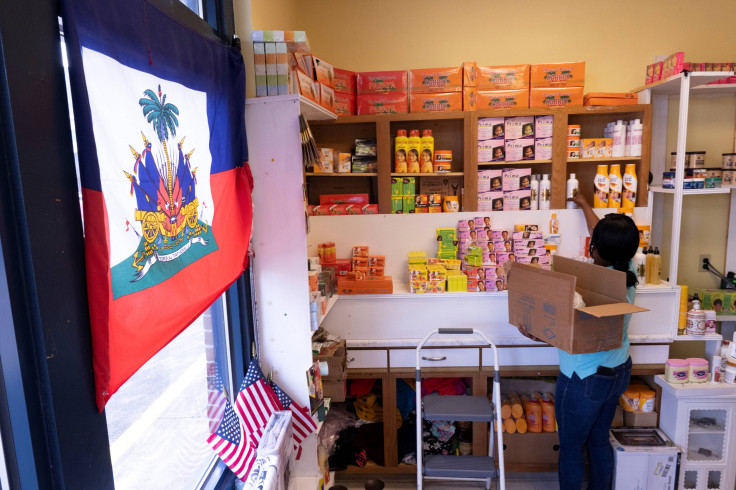
On Wednesday, Republican Rep. Clay Higgins published a post on X calling Haiti "the nastiest country in the western hemisphere," apparently reacting to a formal criminal complaint from a Haitian immigrant group in Springfield, Ohio, against Donald Trump and JD Vance for their perpetuation of false rumors about members of the community eating local pets.
Even though the post was deleted, it did not go unnoticed, prompting major backlash and a motion to censure Higgins, claiming the post was inciting "hate and fear."
The episode is just the latest in the ongoing saga that has taken over not yet the Haitian community at large but the state of Ohio. As a result, the city of Columbus, less than 50 miles from Springfield, is moving forward with the creation of a Commission on Immigrants and Refugee Affairs, aimed at addressing the challenges faced by the city's immigrant communities.
This initiative has been in development for several years, and the timing coincides with increased attention to immigration in the state, a fact that wasn't lost on Councilwoman Lourdes Barroso de Padilla who addressed the issue during a public hearing emphasizing the importance of solidarity within the community:
"The strength lies in us being together as a unified community. Because today it's Haiti, and tomorrow it's another country. It is a narrative that ... isn't fair and it creates chaos and it creates uncertainty and it creates an unsafe environment for entire communities, cities and countries. And certainly, here in the city of Columbus, we will not stand for it."
The proposed 15-member commission in Columbus would be responsible for advising the city on issues faced by immigrants, refugees, and their families. All commission members would be either immigrants, refugees, or the children of immigrants and refugees. The goal is to provide a platform for these communities to influence city policies and initiatives aimed at their integration and well-being.
The announcement of the commission follows a yearlong study conducted by the city of Columbus and Ohio State University, which examined the integration of immigrants in the Columbus metro area. The study highlighted various challenges, including language barriers and difficulties in transferring foreign job qualifications, and called for better coordination among existing programs that serve immigrant populations.
Several residents and nonprofit representatives attended the public hearing to express their support for the commission. Many, such as the executive director of the Haitian Community Network, Marc FeQuiere, noted that immigrants come to the U.S. with a desire to contribute to their new communities but often face significant obstacles:
"All the jobs that nobody else wants to do, immigrants do them. All the small businesses that nobody else is thinking about, immigrants create them."
© 2025 Latin Times. All rights reserved. Do not reproduce without permission.





